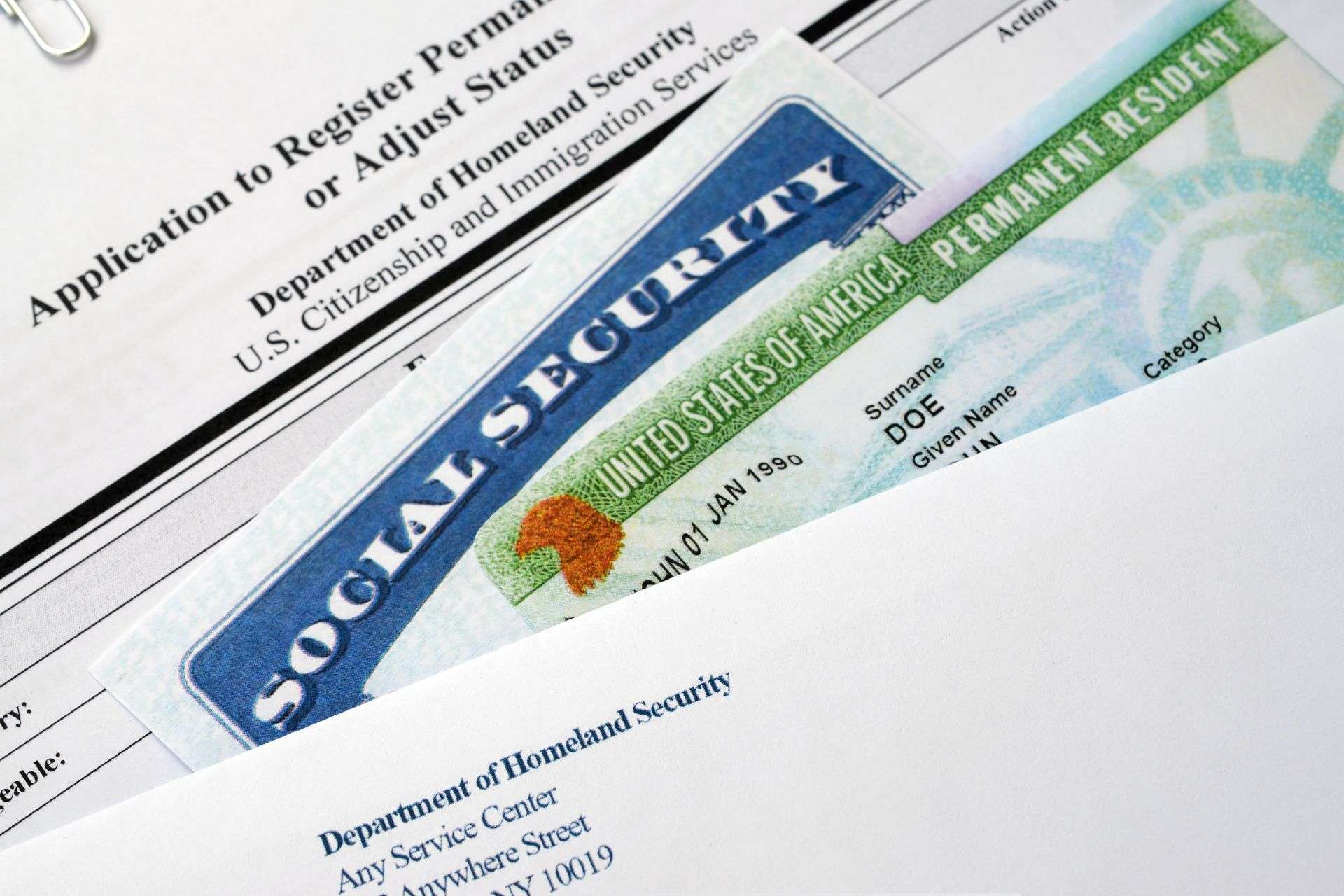N-600 | Certification of Citizenship for Minors
Form N-600, Application for Certificate of Citizenship, is the form used by those wishing to get documentation of their citizenship. Typically, it is used to obtain a certificate your child’s U.S. citizenship. A parent or guardian may file Form N-600 on behalf of a minor child.
Qualifications
-
Born outside the United States to a U.S. citizen parent
-
Automatically became a U.S. citizen after birth, but before you turned 18 years of age (A parent or legal guardian can also file on behalf of a minor child)
What You'll Need
-
A copy of your birth certificate
-
A copy of your parent’s birth certificate or record of U.S. citizenship
-
A copy of your parent’s marriage certificate
-
Documents showing the marriage termination (if applicable)
-
Proof of status as a U.S. National (only if you are claiming U.S. citizenship through a U.S. National, such as American Samoa or Swains Island)
-
Proof of Legitimation (only required if born out of wedlock)
-
Proof of legal and physical custody (only required for applicants whose U.S. citizen parents divorced and/or separated and for applicants who are adopted or legitimated)
-
Copy of Permanent Resident Card or other evidence of Permanent Resident Status (only required if claiming U.S. citizen after birth through a U.S. citizen parent)
-
Two passport-style photographs (if you reside outside the United States)
-
Evidence of all legal name changes
-
Evidence of re-adoption in the U.S. (if applicable)
-
Copy of full, final adoption degree (if applicable)
-
Proof of required residence or physical presence in the United States (any document that proves U.S. citizen parent’s residence in U.S. including school, employment, military records, deeds, mortgages, leases, attestations by churches, unions, other organizations, U.S. Social Security quarterly reports, and affidavits of third parties having knowledge of the residence and physical presence)
Questions? Contact us.
Whatever your immigration issue may be, we are here to help. Our team of attorneys and staff work hard to help you reach your goals.
FAQs
It may. If you were born out of wedlock, are claiming that you acquired U.S. citizenship at the time of your birth, and you were born after Nov. 14, 1986, you must demonstrate:
- That your father was physically present in the United States for 5 years, at least 2 of which were after 14 years of age
- A blood relationship with your father by clear and convincing evidence
- That your father was a U.S. citizen at the time of your birth
- That your father (unless deceased) has agreed in writing to provide financial support for you until you reach 18 years of age, and
- While you are under 18 years of age
- You are legitimated under the law of your residence or domicile
- Your father acknowledges paternity of you in writing under oath, or
- Your paternity is established by a court.
If you were born out of wedlock, are claiming that you acquired U.S. citizenship at the time of your birth, and you were born between Jan. 13, 1941 and Nov. 14, 1986, you must establish that your paternity was established by legitimation while you were under the age of 21.
NOTE: If you were at least 15 years of age but under 18 years of age on Nov. 14, 1986, you could choose to have either of the requirements above apply to you.
If you are claiming that you acquired U.S. citizenship after birth through your father and you were born out of wedlock after Feb. 27, 2001, or you were under the age of 18 on that date, you may have acquired U.S. citizenship after birth. You must establish that you were legitimated, or are considered legitimate, that you were residing in the legal and physical custody of your father in the U.S. while you were under the age of 18, and that you were admitted as a lawful permanent resident.
Yes, there is a $1,170 filing fee. If you apply online, you can also pay online. If you pay by mail, then you can pay via money order, personal check, cashier’s check, or by credit card using Form G-1450, Authorization for Credit Card Transactions. If you pay by check, you must make your check payable to the U.S. Department of Homeland Security.
You can file your form online or by mail. Filing online allows you to:
- Pay your filing fee online
- Check the status of your case
- Receive notifications and case updates
- View personalized case completion date estimates
- Respond to requests for evidence
- Manage your contact information, including updating your address
You can create an account to file online. You can also mail your form to your region’s designated USCIS office.
Of course, you can choose to manage your case independently. However, working with immigration experts can help you navigate the process and provide guidance throughout.
You may be represented, at no expense to the U.S. government, by an attorney or other duly authorized representative. Your representative must submit Form G-28, Notice of Entry or Appearance as Attorney or Representative. Your representative may also submit Form G-28 at the time of your interview.
Immigration issues can be quite complicated. Combine that with the current rate of change in U.S. policies, it can be hard to keep up. Our team puts their experience to work for you and your particular situation. We work hard to stay on top of policy changes and are prepared for changes down the line. We offer patented online software, MyEsq, that streamlines the filing process and makes our knowledgeable team of lawyers just a click away.
Latest News
Stay up-to-date on the latest developments in U.S. Immigration.
The United States Customs and Immigration Services (USCIS) quietly tightened the marriage green card process on multiple immigration forms. The changes significantly …
International employers in the tech industry and universities are facing growing concerns over the vulnerability of their international employees and students due …
ICE Accused of Violating Noncitizens’ Civil Rights
Immigration activists accused Immigration and Customs Enforcement (ICE) agents of violating the civil rights of noncitizens they arrested during the first weeks …
CHNV Termination Affects Major GOP Voter Base
The recent termination of the Cuba, Haiti, Nicaragua, and Venezuela (CHNV) parole program by the U.S. Department of Homeland Security (DHS) could …




